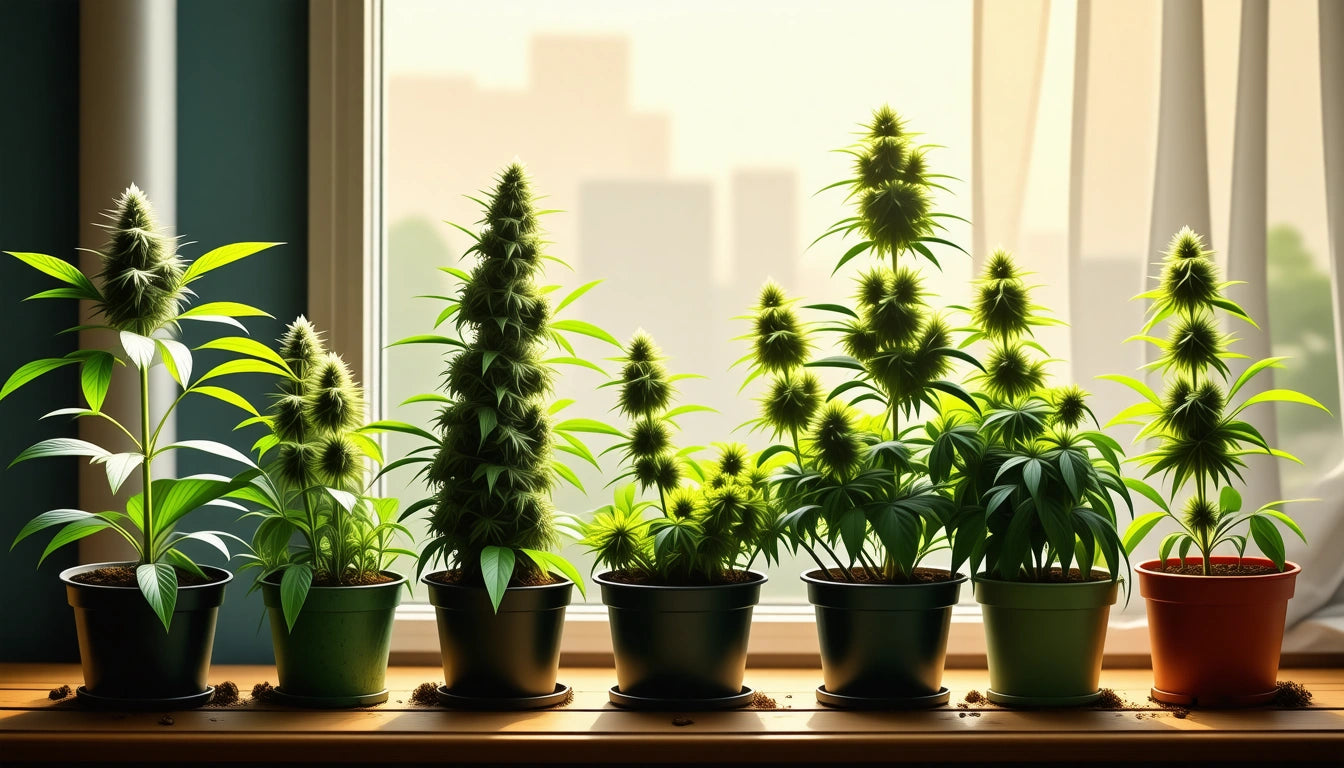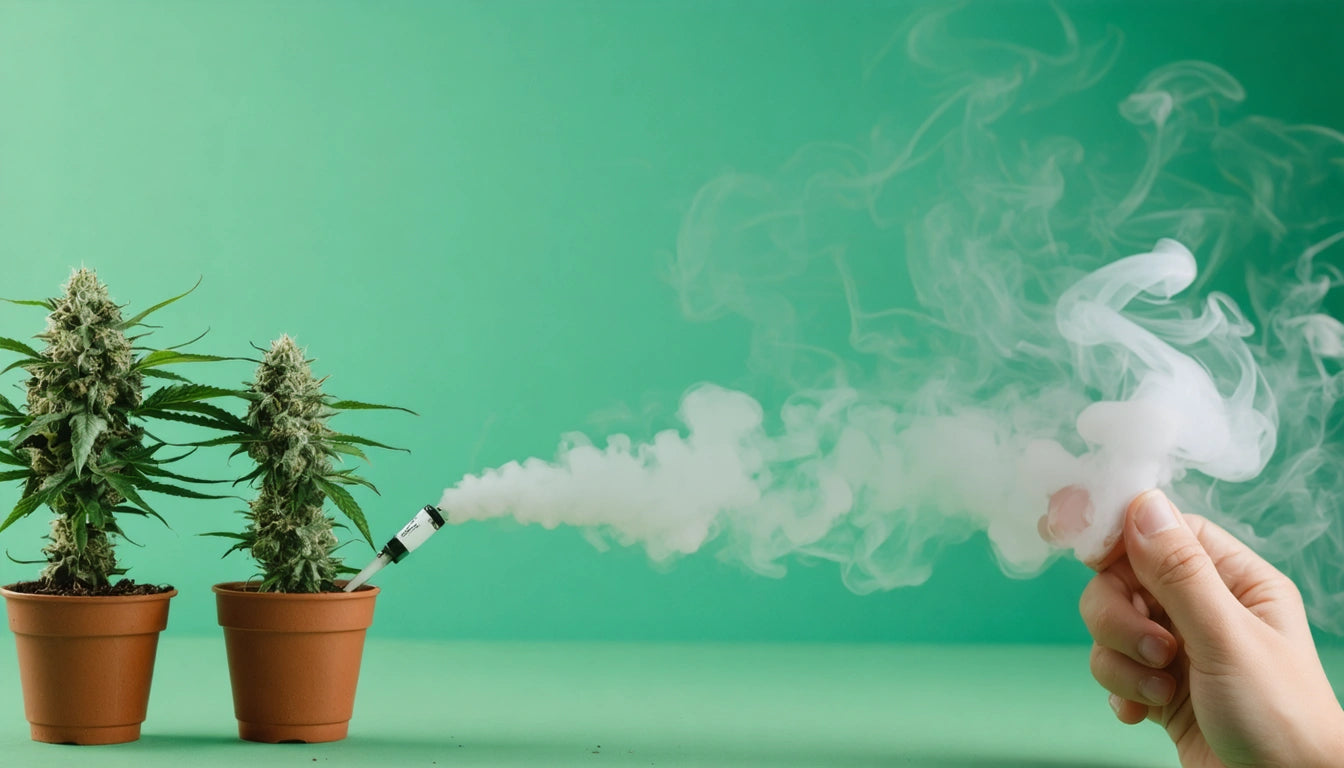Table of Contents
Where Is It Legal to Grow Your Own Weed in the United States?
Home cannabis cultivation represents a significant aspect of marijuana legalization, with varying regulations across states. Understanding where you can grow weed legally requires navigating a complex patchwork of state laws that continue to evolve. This guide provides current information on home cultivation rights throughout the United States.
Legal Landscape of Home Cannabis Cultivation
The legal status of home cannabis cultivation varies dramatically across the United States. While federal law still prohibits marijuana cultivation under the Controlled Substances Act, many states have enacted their own legislation permitting limited home growing for either recreational or medical purposes.
Currently, 19 states plus Washington D.C. allow some form of home cultivation, with varying plant limits and regulations. These permissions typically fall into two categories: recreational cultivation rights and medical-only cultivation allowances.
Recreational States Allowing Home Growing
These states permit adults 21+ to grow cannabis for personal use without requiring medical documentation:
- Alaska: Up to 6 plants (3 mature)
- California: Up to 6 plants per household, as outlined in California's home growing guidelines
- Colorado: Up to 6 plants (3 mature), 12 maximum per household
- Connecticut: Up to 6 plants (3 mature) per adult, 12 maximum per household
- Maine: Up to 3 mature plants, 12 immature plants, and unlimited seedlings
- Massachusetts: Up to 6 plants per adult, 12 maximum per household
- Michigan: Up to 12 plants per household
- Missouri: Up to 6 flowering plants, 6 non-flowering plants, and 6 clones
- Montana: Up to 2 mature plants and 2 seedlings per adult, 4 plants maximum per household
- Nevada: Up to 6 plants per person, 12 maximum per household if 25+ miles from dispensary
- New Mexico: Up to 6 mature plants and 12 total plants per household
- New York: Up to 6 plants (3 mature) per adult, 12 maximum per household
- Oregon: Up to 4 plants per residence
- Rhode Island: Up to 6 plants (3 mature)
- Vermont: Up to 6 plants (2 mature) per household
- Virginia: Up to 4 plants per household
- Washington D.C.: Up to 6 plants (3 mature) per adult, 12 maximum per household
Can You Grow Weed in Arizona?
Yes, Arizona allows adults 21+ to grow up to 6 plants at their primary residence, with a maximum of 12 plants in households with multiple adults. However, plants must be grown in an enclosed area not visible to the public.
Can You Grow Weed in Nevada?
Nevada permits home cultivation only for residents living more than 25 miles from the nearest licensed dispensary. Those who qualify can grow up to 6 plants per person with a maximum of 12 plants per household.
Medical-Only States with Cultivation Rights
These states permit home cultivation exclusively for qualified medical marijuana patients:
- Hawaii: Up to 10 plants
- Maryland: Home cultivation for medical patients began in July 2023, as detailed in Washington and Maryland's cannabis laws
- Mississippi: Medical cultivation with specific limitations
- Oklahoma: Up to 6 mature plants and 6 seedlings for patients
- South Dakota: 3 plants minimum, more may be allowed with physician certification
- Utah: Limited medical cultivation if residing 100+ miles from dispensary
- Washington: Medical patients only, up to 6 plants typically, 15 with special authorization
Can You Grow Weed in Utah?
Utah allows limited medical cannabis cultivation only for registered patients living more than 100 miles from a dispensary or if no dispensaries offer the specific strain needed for treatment. This makes home cultivation extremely restricted in practice.
Can You Grow Weed in Maine?
Maine has some of the most generous cultivation laws, allowing adults 21+ to grow up to 3 mature plants, 12 immature plants, and unlimited seedlings for personal use. Medical patients may grow additional plants.
States Prohibiting Home Cultivation
Several states have legalized cannabis for medical or recreational use but explicitly prohibit home cultivation:
- Alabama: Medical program without home cultivation rights
- Delaware: No home cultivation permitted
- Florida: Medical program without home cultivation rights
- Georgia: Limited medical program, no cultivation
- Illinois: Recreational use legal, but home growing limited to medical patients
- Minnesota: Recreational use legal, but no home cultivation
- New Hampshire: Medical program without cultivation rights
- New Jersey: Recreational use legal, but home growing prohibited
- Ohio: Medical program without home cultivation rights
- Pennsylvania: Medical program without cultivation rights
- West Virginia: Medical program without home cultivation rights
Can You Grow Weed in Georgia?
No, Georgia does not permit home cultivation of cannabis. The state has a very limited medical program that allows certain qualified patients to possess low-THC cannabis oil, but growing plants remains illegal.
Compliance Requirements for Home Growers
Where home cultivation is legal, growers must typically adhere to specific regulations:
- Security measures: Plants must often be in locked, enclosed spaces not visible to the public
- Location restrictions: Growing may be restricted to primary residences only
- Landlord authority: Property owners may prohibit cultivation on their premises
- Proximity limitations: Some states restrict growing near schools or daycare facilities
- Sale prohibition: Home-grown cannabis cannot be sold in any state
For a comprehensive understanding of both legal and practical considerations, this guide to growing your own weed provides valuable insights for staying compliant.
Home Cultivation Legal Outlook and Advocacy
The landscape of where you can grow weed legally continues to evolve. Several states with existing medical or recreational programs but without home cultivation rights are facing advocacy pressure to include these provisions. Understanding how cannabis naturally grows and the proper cultivation techniques can help advocates make the case for reasonable home growing allowances.
As more states consider comprehensive cannabis reform, home cultivation rights often become a negotiating point between legislators and advocates. The trend appears to be moving toward allowing limited home cultivation in states with recreational legalization, though often with strict plant count limitations and security requirements.
For those interested in the broader global context, this overview of global marijuana laws provides perspective on how U.S. policies compare internationally regarding both consumption and cultivation rights.











Leave a comment
All comments are moderated before being published.
This site is protected by hCaptcha and the hCaptcha Privacy Policy and Terms of Service apply.